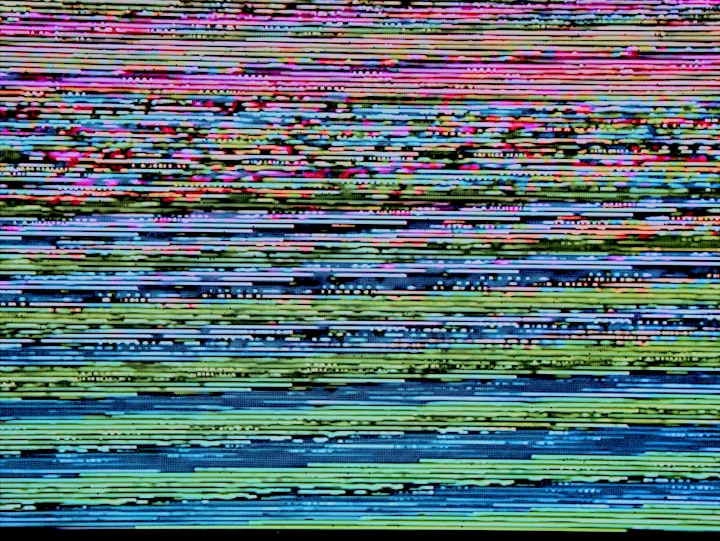
Almost everyone has a social media page in modern societies. And most people with those social media pages stay active, posting special moments from their lives or simply sharing everyday thoughts that pass through their mind. But what if an active, social media user stops posting? Not only just stops posting, but also deletes their account entirely? While some may choose to do that for the sake of their sanity (no judgement there), there's a more sinister reason that can explain why someone on social media, even with thousands or millions of followers, will suddenly disappear from online society.
"Unpersoning" is a term used to describe erasing a person's existence from public record. Originally used in George Orwell's 1984 novel, the term has become a political tool in China. Chinese tennis star Peng Shuai is one of the latest public figures in the last year to basically disappear from the public before making a brief reappearance after scrutiny from the international sports community. Peng Shuai made a public social media post claiming she was sexually assaulted by a retired senior member of the Chinese Communist Party. Chinese state-run media has published several photos and one video showing Peng, claiming that she's been staying away from the press for privacy after posting such an allegation. People are questioning whether or not if that's true - considering most people who have clashed with the Chinese Communist Party have gone missing in the past - including business magnet Jack Ma who argues for an open-market economy. In November of 2020, Ma wasn't seen in the public eye for three months. This came after Ma addressed an assembly of high-profile figures with a controversial speech that criticised the Chinese financial system. Ma was seen in January 2021 in the form of a short video address for a charity event. Since then, he's kept a low profile and Alibaba, the company he co-founded, has declined in value.
The tennis world has publicly demanded to know where Peng Shuai is. Prominent women tennis star Naomi Osaka and Serena Williams tweeted the news to bring awareness to the issue, while Novak Djokovic reacted to the news by calling her disappearance "shocking". The hashtag #WhereIsPengShuai also trended for a Twitter minute as more people demanded to know what happened to the prominent Chinese athlete. This public pressure mounts as China is set to host the Winter Olympics in February. In response, Chinese sports official Li Lingwei as well as Chair of the Athletes' Commission Emma Terho and Peng held a video call with the president of the International Olympic Committee. Peng apparently said that she would "like to have her privacy respected at this time. That is why she prefers to spend her time with friends and family right now." The IOC also claimed that Peng accepted an invitation to dinner with Bach, Terho, and Li in January. While the public statement seems cordial, it is in no way comforting for those who are familiar with the Chinese Communist Party's history of expunging citizens from public record.
China's "memory holes" are a warning to U.S. citizens. The Chinese Communist President continues to crack down on dissenters, even going after their most public and recognized figures. One scholar says that the "Chinese Communist Party depicts public opinion as a battlefield upon which a highly disciplined political struggle must be waged and won". How does that political struggle cross Chinese border line towards our allies? How does that struggle make itself known in free and open platforms like Twitter and Facebook, where disinformation can spread faster than it can be stopped? And finally, what sacrifices or negotiations are businesses and governments going draw-up, by being afraid of losing a commercial partner like China?
About the Creator
v
always looking for the right words to say






Comments
There are no comments for this story
Be the first to respond and start the conversation.